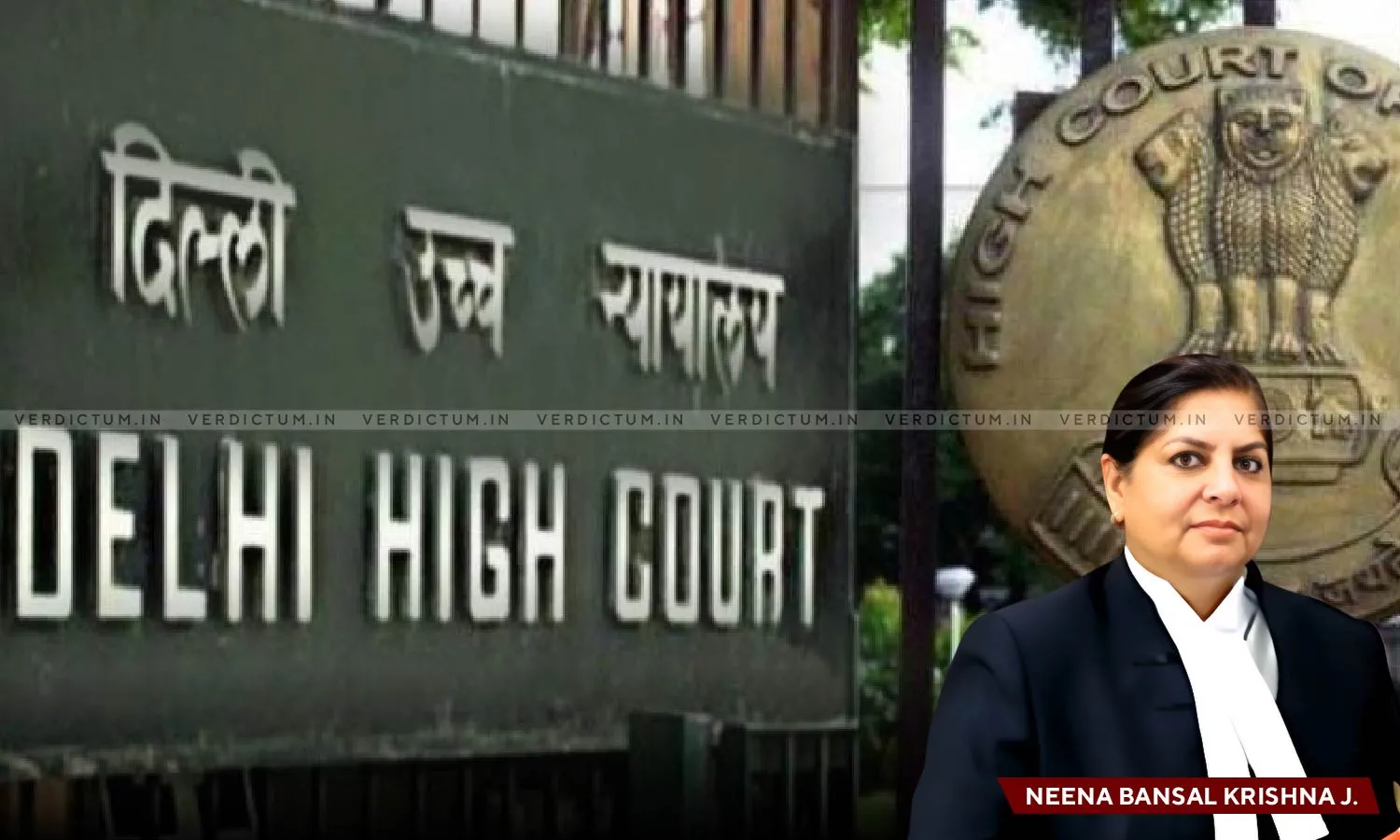Santosh Koli Death Case: Delhi HC Dismisses Mother's Plea Seeking FIR Under SC-ST Act Against Arvind Kejriwal & Others
The Delhi High Court has dismissed a petition filed by Kalawati, a mother seeking the registration of an FIR in relation to her daughter’s 2013 death, which she alleged was the result of a political conspiracy involving former Delhi Chief Minister Arvind Kejriwal and other Aam Aadmi Party (AAP) workers.
The Single-Bench of Justice Neena Bansal Krishna dismissed Kalawati’s plea, which challenged a trial court order from last year rejecting her application for the registration of an FIR under the Scheduled Caste and Scheduled Tribe (Prevention of Atrocities) Act, 1989.
In her 2022 complaint, Kalawati alleged that her daughter, Santosh Koli, who worked at Parivartan Institution alongside Kejriwal, was murdered as part of a conspiracy because she belonged to a backward class. She claimed that AAP leaders, including Kejriwal, gained political benefit from her daughter’s death. According to her, Koli was injured in a road accident in 2013 while en route to a party meeting, which ultimately proved fatal.
Kalawati further alleged that during her daughter’s month-long hospitalization, her family was only allowed to visit during the day, with doctors exclusively communicating with Kejriwal. Four days before her daughter’s death, she was moved from the ICU to a normal ward. Kalawati also claimed that when she approached Kejriwal after her daughter’s death, he told her not to mention Koli’s name and boasted about getting the case file closed without registering an FIR.
The trial court, however, had ruled that no offence under the SC/ST Act was committed, emphasizing that simply belonging to a Scheduled Caste does not bring the matter within the ambit of the Act.
The Single-Judge upheld this view, noting that an FIR had been filed in 2013 following Koli’s death, with an untraceable final report submitted after due investigation, which was accepted by the Additional Chief Judicial Magistrate (ACJM). Furthermore, Kalawati’s protest petition was accepted, and further investigations were ordered.
The Court stated that the law does not permit the registration of a second FIR regarding the same incident. It also highlighted that the fatal incident occurred in Ghaziabad, Uttar Pradesh, which falls outside the jurisdiction of Delhi, making it impossible for Delhi courts to direct the registration of a fresh FIR.
Additionally, the Court observed that there were no caste-based abuses or remarks made in the case, which are typically necessary for invoking the SC/ST Act.
"The averments made in the complaint merely imputes to certain persons conspiracy to allegedly murder her daughter because the petitionerKalawati and her family members, including the deceased-Smt. Santosh Koli come from the Scheduled Caste Community. Even if all the averments of the petitioner-Kalawati made in the complaint are accepted, there is no caste-based abuse or remarks to insult, abuse or humiliate which can be deciphered, except that the petitioner-Kalawati imputes motive on the named persons to have allegedly murdered her daughter because of their caste , which is essentially based on her hunch and has no basis," the Bench noted.
The Bench concluded by stating that even if Kalawati’s allegations were accepted, they lacked any factual basis beyond her hunch that her daughter was murdered due to her caste. Accordingly, the Court dismissed the plea.
"The learned Additional Sessions Judge has rightly observed that no offence under the SC/ST (POA) Act, 1989 is made out from the averments made in the complaint under the SC/ST (POA) Act, 1989 and, therefore, rejected Application under Section 156(3) of Cr.P.C., 1973. In view of the above, there is no merit in the present petition, which is hereby dismissed," the Court ordered.
Cause Title: Kalawati v. The State Government of NCT of Delhi [Neutral Citation No. 2024: DHC: 7775]
Appearance:-
Petitioner: Advocates Manmohan Singh, Sourabh Singh Tomar
Respondent: Advocates Satinder Singh Bawa (APP), Sunpreet Singh
Click here to read/download the Judgment












